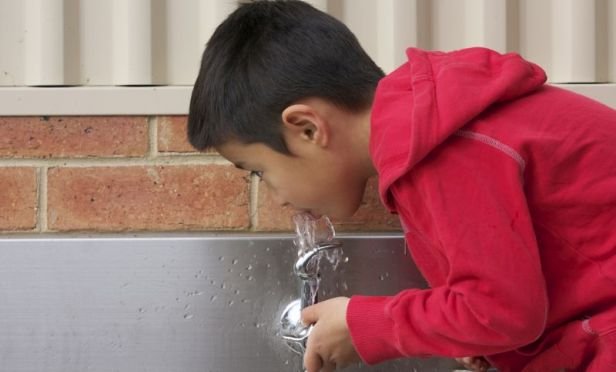 An October law amended 2017 legislation requiring establishment of drinking water emerging contaminant notification levels. The amended law requires the New York Department of Health (DOH) to make information about notification levels easily accessible through the DOH website. (Photo: iStock)
An October law amended 2017 legislation requiring establishment of drinking water emerging contaminant notification levels. The amended law requires the New York Department of Health (DOH) to make information about notification levels easily accessible through the DOH website. (Photo: iStock)
In 2018, New York State enacted a Drug Take Back Act in response to environmental and public health concerns about improper disposal of unused drugs. Another enactment gave the Department of Health (DOH) greater discretion in enforcement actions against landlords that do not take adequate action to abate lead paint.
Recommended For You
Want to continue reading?
Become a Free PropertyCasualty360 Digital Reader
Your access to unlimited PropertyCasualty360 content isn’t changing.
Once you are an ALM digital member, you’ll receive:
- Breaking insurance news and analysis, on-site and via our newsletters and custom alerts
- Weekly Insurance Speak podcast featuring exclusive interviews with industry leaders
- Educational webcasts, white papers, and ebooks from industry thought leaders
- Critical converage of the employee benefits and financial advisory markets on our other ALM sites, BenefitsPRO and ThinkAdvisor
Already have an account? Sign In Now
© 2025 ALM Global, LLC, All Rights Reserved. Request academic re-use from www.copyright.com. All other uses, submit a request to [email protected]. For more information visit Asset & Logo Licensing.









